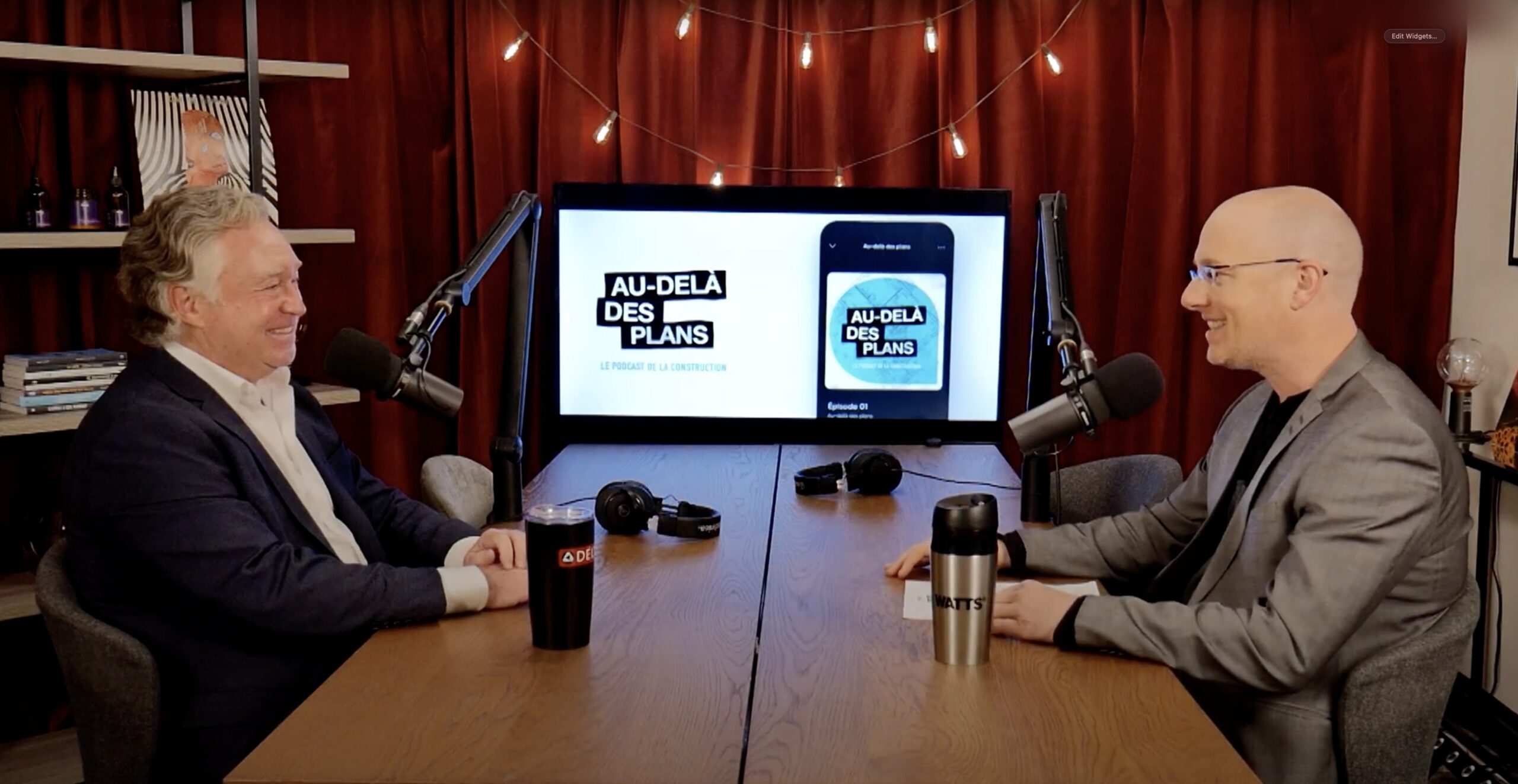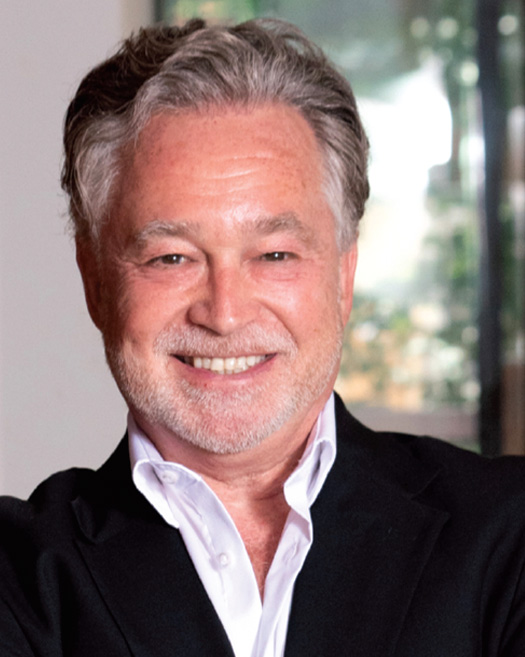Welcome to a special feature on Miguel Escobar, the visionary behind FCG, whose journey into architecture and urban planning was not just a career choice but a lifelong passion shaped from an early age. In this extensive exploration, we delve into the nuances of his approach and philosophy in architecture, celebrating his profound impact on the field.
Early Inspirations and Career Beginnings

From his childhood days, Miguel was captivated by the art of drawing and the intricacies of spaces. His every outing with his parents turned into a mini exploration adventure, where he would hurriedly sketch out the scenes and structures upon returning home. This innate love for design was more than a hobby; it was a calling that laid the groundwork for his future.
Transition to Canada and Multicultural Influence
Miguel’s family moved to Canada when he was only six, bringing him into contact with diverse cultures and languages. His story is one of resilience and adaptability. Learning English in London, Ontario, and later moving to Windsor, he immersed himself in new communities, each shaping his understanding and appreciation of architectural diversity.
Academic Pursuits and Professional Milestones
Miguel’s academic journey is as impressive as his professional exploits. Despite language barriers and cultural shifts, he excelled in his studies, showing a keen interest in both the theoretical and practical aspects of architecture. His narrative is not just about personal achievements but also about the collaborative spirit of architecture.
“Driven by a lifelong passion for design, I’ve embraced the challenges and cultural shifts throughout my career to innovate and improve urban living.”
Miguel Escobar – THE LUXURY OF EXPERIENCE – Interdisciplinary & International Real Estate and Economic Development Strategist
Establishing FCG and Embracing Urbanism
In 1985, Miguel founded FCG, marking a significant milestone in his career. His firm not only designs buildings but also shapes cities, integrating sustainable urban planning with architectural innovation. Miguel’s work with FCG highlights his commitment to enhancing community living through thoughtful urban design.
Philosophy of Adaptation and Continuous Learning
Throughout his career, Miguel has demonstrated an exceptional ability to adapt and learn. Whether discussing project strategies or new design technologies, his approach is always forward-thinking, emphasizing the importance of staying current in a rapidly evolving industry. This adaptability has been crucial in navigating the complex landscape of modern architecture.
Legacy and Influence
Mietuel’s contributions extend beyond buildings and urban plans; he has mentored young architects and urban planners, sharing his passion and wisdom. His legacy is evident in the vibrant spaces and communities transformed through his vision and dedication.
Conclusion: A Life Built on Passion and Precision
As we wrap up this podcast episode, it’s clear that Miguel Escobar’s journey is one of passion, precision, and perseverance. His life’s work continues to inspire those in the field of architecture and beyond, proving that a strong foundation in passion and dedication can build not just structures, but legacies.
FAQs:
Frequently Asked Questions: Insights from Miguel Escobar’s Interview
1. What sparked Miguel Escobar’s interest in architecture and urban planning?
- Miguel Escobar’s passion for architecture and urban planning began in his childhood, primarily driven by his love for drawing and his keen interest in the spaces around him. His every outing was an opportunity to observe and sketch, laying the foundation for his future career.
2. How did Miguel Escobar’s early life in Canada influence his career?
- After moving from Spain to Canada at a young age, Miguel was exposed to diverse cultures and languages, which enriched his perspective and understanding of architecture. His experiences in different Canadian cities, where he had to adapt to new environments and languages, significantly shaped his approach to design and planning.
3. What were some of the academic and professional challenges Miguel faced?
- Miguel faced several challenges, including language barriers and cultural shifts when he moved to Canada. Academically, he navigated these hurdles by learning new languages and adapting to different educational systems, which proved crucial in his acceptance into architecture programs and subsequent professional roles.
4. How has Miguel Escobar contributed to the field of urban planning through FCG?
- Through his firm FCG, founded in 1985, Miguel has significantly impacted urban planning by integrating sustainable practices with innovative architectural designs. His work focuses on enhancing community living and making cities more livable through strategic and thoughtful urban designs.
5. What philosophy guides Miguel Escobar’s work in architecture and urban planning?
- Miguel Escobar’s philosophy revolves around adaptation and continuous learning. He emphasizes the importance of staying updated with evolving technologies and methodologies in architecture. His approach is holistic, combining technical expertise with a deep understanding of cultural and environmental contexts to create meaningful and sustainable spaces.



